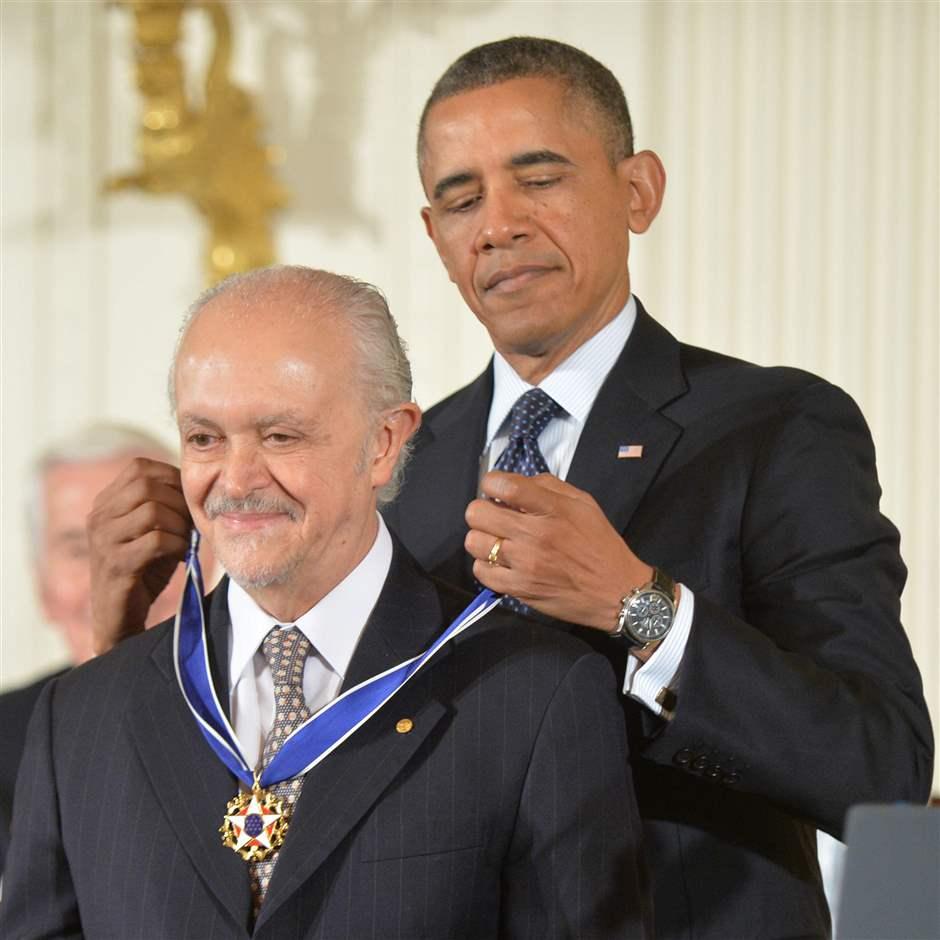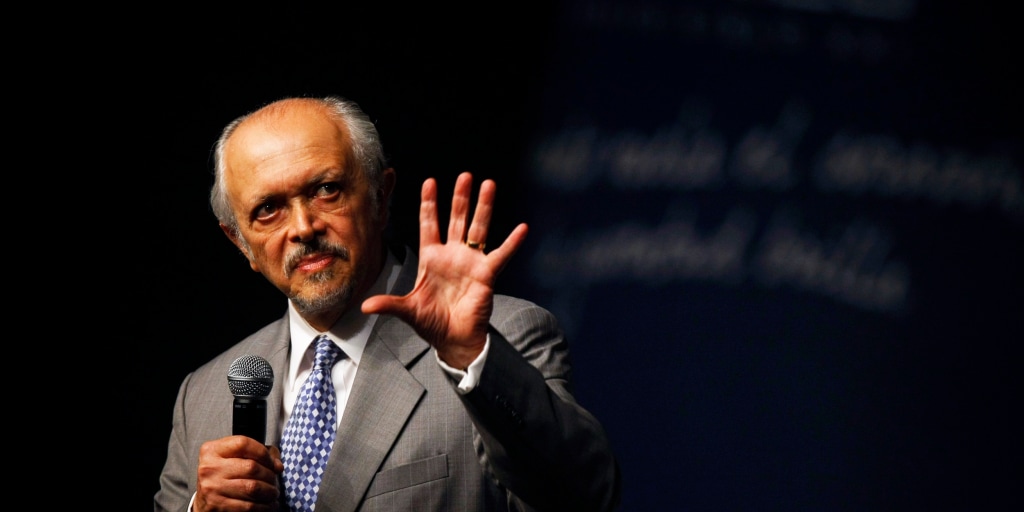Mario Molina: A Life of Scientific Achievement and Environmental Advocacy
Remembering Mario Molina: A Pioneer in Environmental Policy and Atmospheric Chemistry:
Mexican chemist Mario Molina devoted his life to learning about the chemistry of the Earth's atmosphere and the effects that human activity has on the environment. In addition to making a substantial contribution to the science of atmospheric chemistry, his study of the effects of chlorofluorocarbons (CFCs) on the ozone layer had a long-lasting influence on international environmental policy.
Childhood and Education:
On March 19, 1943, in Mexico City, Mario Molina was born. His mother, Leonor Henriquez Molina, was a stay-at-home mom, while his father, Roberto Molina Pasquel, was a lawyer and diplomat. Molina was exposed to science at a young age because his family is made up of scientists. He was very interested in chemistry and knew he wanted to work in science.
Molina received his undergraduate degree in chemical engineering from the National Autonomous University of Mexico (UNAM) in 1965. Later, in 1972, he graduated from the University of California, Berkeley, with a Doctorate in physical chemistry.
Career and Research Achievements:
Molina joined the faculty at the University of California, Irvine after receiving his PhD, where he started researching the chemistry of the Earth's atmosphere. He and his colleague Sherwood Rowland started looking into the potential environmental effects of CFCs, which were widely used in aerosol sprays and refrigeration at the time, in the 1970s.
CFCs were shown to be building up in the atmosphere and destroying the ozone layer, which shields the Planet from damaging UV radiation, by Molina and Rowland. As a result of CFCs decomposing in the stratosphere and releasing chlorine atoms, which in turn destroyed ozone molecules, their research indicated.
Molina joined the faculty at the University of California, Irvine after receiving his PhD, where he started researching the chemistry of the Earth's atmosphere. He and his colleague Sherwood Rowland started looking into the potential environmental effects of CFCs, which were widely used in aerosol sprays and refrigeration at the time, in the 1970s.
CFCs were shown to be building up in the atmosphere and destroying the ozone layer, which shields the Planet from damaging UV radiation, by Molina and Rowland. As a result of CFCs decomposing in the stratosphere and releasing chlorine atoms, which in turn destroyed ozone molecules, their research indicated.
Throughout his career, Molina remained a prominent advocate on environmental issues. He served on a number of committees and advisory boards, including the National Academy of Sciences and the President's Council of Advisers on Science and Technology. Also, he was a prominent opponent of the denial of climate change and a supporter of increased financing for scientific study and research.
Honor and Legacy:
Molina has made significant contributions to environmental law and atmospheric chemistry. He received the Nobel Prize in Chemistry in 1995, making him the first citizen of Mexico to do so. He also received a great deal of additional medals and recognition, such as the Presidential Medal of Freedom in 2013.
Molina has had an enormous influence on environmental policy and the study of atmospheric chemistry. As a result of his studies on the impact of CFCs on the ozone layer, the Montreal Protocol was ratified, successfully lowering the concentration of ozone-depleting chemicals in the atmosphere. Numerous people have been motivated to pursue scientific careers and take action to preserve the environment as a result of his support for environmental protection and science education.
Conclusion:
The contributions Mario Molina made to the science of atmospheric chemistry have had a long-lasting effect on our planet. He was a pioneering scientist and environmental activist. One of the most effective environmental agreements in history, the Montreal Protocol, was signed as a result of his studies on the effects of chlorofluorocarbons on the ozone layer. Numerous others have been motivated to pursue scientific careers and take action to preserve the environment as a result of Molina's commitment to environmental protection and science education. His legacy serves as a reminder of the value of advocacy work and scientific research in tackling the world's environmental problems. Mario Molina is remembered and honoured for his outstanding accomplishments and dedication to improving the world.




No comments